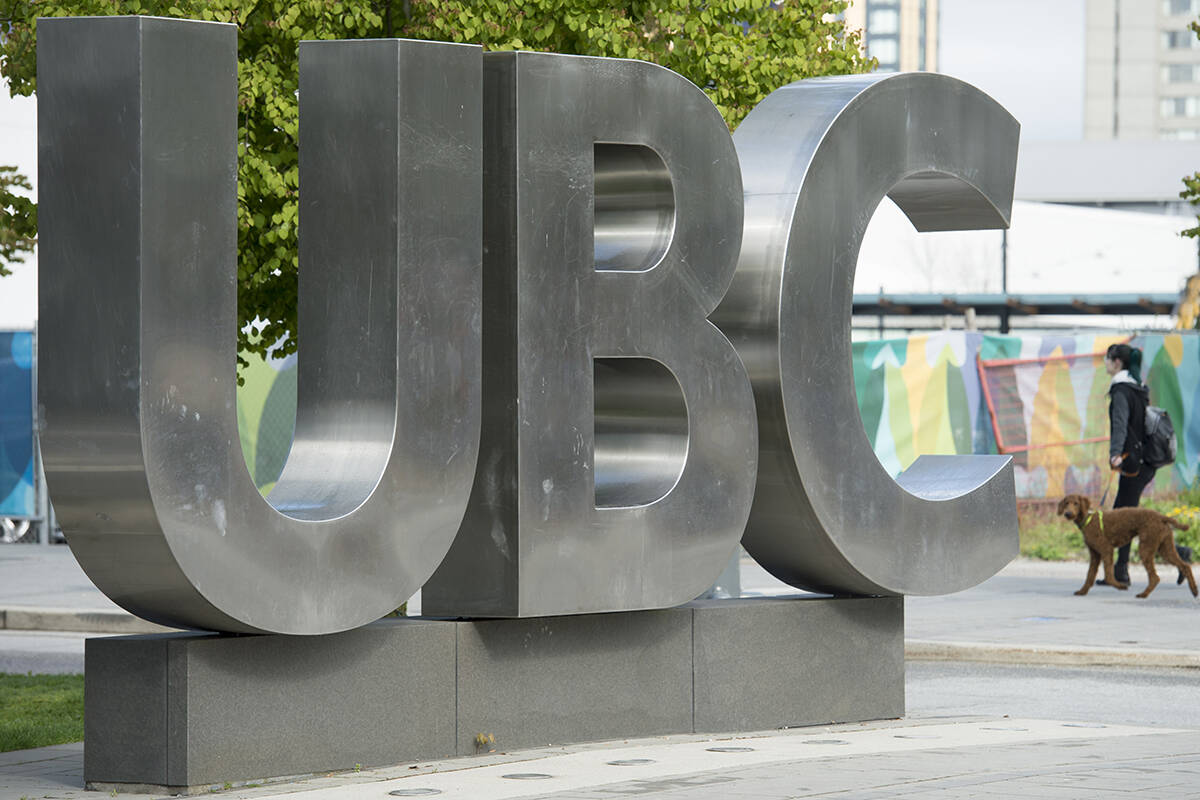Research teams at the University of British Columbia have received an $11.18-million investment from the federal government to improve mRNA vaccines.
The funding comes from the Pacific Economic Development Agency of Canada (PacifiCan) and will be divided into two projects, Minister for International Development Harjit S. Sajjan announced Monday (Oct. 3).
The first project aims to improve how the vaccines are received by people’s bodies by minimizing potential side effects, increasing vaccine effectiveness and potency, and reducing the required dosage. It will receive $3.5 million of the funding.
“Research conducted through this project will help to streamline the production of existing mRNA vaccines and inform the development of future medicines across the globe,” reads a news release from the government.
Researchers involved in the second project will work to identify COVID-19 variants before they become major concerns. They will use artificial intelligence to predict the vaccine treatments required to treat future pathogens. The project will receive $7.68 million of the funding.
The government says it expects both projects to together create at least 170 jobs at UBC and grow revenue in the B.C. biotechnology sector by $70 million.
READ ALSO: Former B.C. nurse accused of $25,000 in financial exploitation

